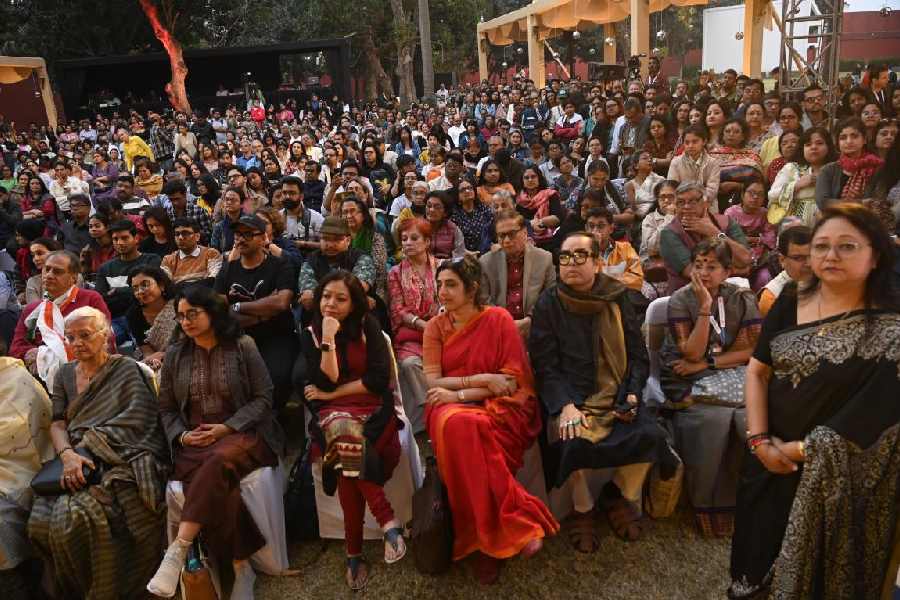Book Name- The Notbook of Kabir: Thiner Than Water, Fiercer Than Fire
Author- Anand
Published by- Viking
Price- Rs 499
The Notbook of Kabir is an unusual book. It eschews producing a standardised translation of Kabir’s poetry. It does not concern itself with the textual authenticity or definitiveness of Kabir’s songs. It does not aspire for yet another version of an authoritative anthology on Kabir. It has no desire to add to the past attempts at literary canon-making around Kabir by well-established scholars. True, the book refers to a range of Kabir experts — Kshitimohan Sen, Ramchandra Shukla, Purushottam Agrawal, Charlotte Vaudeville, David Lorenzen, Linda Hess — in its Notes on Sources. Surprisingly, there is no reference to Hazari Prasad Dwivedi, the eminent Hindi literary historian and critic, who foregrounded Kabir as an iconoclast among medieval Bhakti poets and inaugurated a new and alternative tradition of scholarship around his oeuvre — shabad and bani. In any case, the book turns out to be more of a personalised and politically informed mediation on Kabir. For the author, Kabir is not to be found in words and languages. Rather, Kabir needs to be considered as a theme, an ethos, or a concept, underlining the perennial quest for human dignity and equality.
Thus, the book celebrates the inherent plurality of Kabir’s bani. It privileges local inflections and improvisations and constant amendment of Kabir’s songs. While including fifty songs interspersed with annotations, reflections, dilations, digressions, meditations and illuminations, it accords pride of place to troubadours who perform Kabir. Invariably, most of these performers are from oppressed caste backgrounds save for the late Kumar Gandharva who helped entrench Kabir in the high classical form of bhajan sangeet. In this sense, the book is more of a poet sung and heard than written about. These songs come from a range of artists: Prahlad Tipaniya from the Malwa region of Madhya Pradesh, Mukhtirar Ali, a Sufi singer from Rajashthan, Kaluram Bamaniya from Chhattisgarh and the like. These performers offer us insights into the oral performative lives of texts. This also tells us as to how certain groups and communities have historically coalesced around the idea of Kabir. Most of the songs collected here do not correspond to the printed in authorised editions available so far. Some of them go beyond the hugely popular The Kabir Project of Shabnam Virmani, the filmmaker and Kabir singer from Bengaluru.
The book addresses two kinds of readers: the ones who have never heard of Kabir, and those who knew of him in some form. The first group would be excited to know of an unlettered weaver who lived in a ghetto and railed against every kind of god and sect, who wished to chop off every pious beard and crush every rosary, who mocked at mullahs’ piety and brahmins’ tuft and thread in equal measure, who was unabashedly scornful of all sanctimonious rituals and humbug that go in the name of god. The Roman transliteration followed by the English translation of the Nagari version will come handy to them. The second group will gain access to many accents in which Kabir songs are sung.










